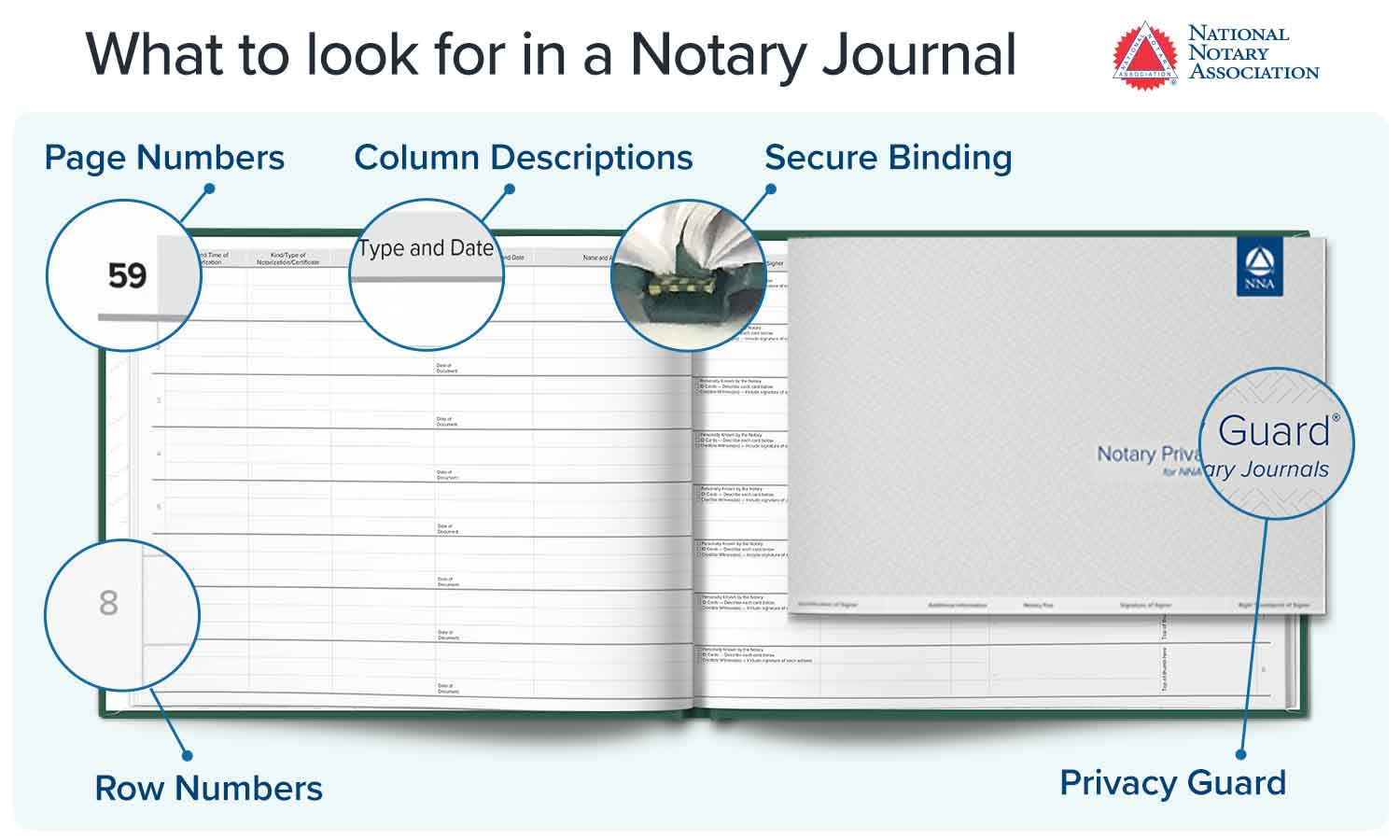New stamp and journal requirements, and remote online notarization, are just a few changes Notaries in New Jersey can expect to come October 22, 2021. Keep reading to learn what’s new under NJ Assembly 4250.
Commission qualifications
Out-of-state applicants may now apply for a New Jersey Notary commission. Previously, nonresident applicants had to live in either New York, Pennsylvania or Delaware. The new statute no longer limits nonresident applicants to those adjoining states, but they must be an employee of a business whose domicile or primary place of business is in NJ and performs their employment duties remotely from a home office or co-working space.
Required stamp and journal
Once optional, an official stamp and journal are now required for all acts performed by a Notary Public.
Stamps must include the Notary’s name, the title “Notary Public, State of New Jersey,” and the Notary’s commission expiration date. A rubber ink stamp or embosser may be used.
Journals may be a permanent, bound register with consecutively numbered lines and pages or in a permanent, tamper-evident electronic format. The State Treasurer limits Notaries to using only one journal at a time to record notarial acts whether they involve tangible or electronic documents. The following information must be recorded for each notarial act:
- Date and time of the notarial act
- Type of notarial act performed (e.g., acknowledgment, proof of a deed, the oath, affidavit, etc.)
- Name and address of each person for whom the notarial act is performed
- If identity is based on personal knowledge, a statement indicating that is the case
- If identity is based on satisfactory evidence:
- Brief description of the method of identification
- Details about the ID used (e.g., type of identification credential presented, issue date, expiration date) or,
- If an identifying witness was used, the witness’s name and signature, and details about the ID used to identify the witness (type, issue date, expiration date)
- Itemized list of all fees charged for the notarial act
Notaries must either keep their journals for 10 years after performing the last notarization recorded in the journal or transmit the journal to the Department of the Treasury, Division of Revenue and Enterprise Services, or a repository approved by the State Treasurer.

New Notarial acts
Notaries may now perform the following notarial acts within the state of New Jersey:
- Certifying copies of documents and depositions
- Certifying papered-out electronic records
- Witnessing or attesting a signature
Prohibited acts
Notaries will no longer be able to notarize documents in which the Notary or the Notary’s spouse or civil union partner is a party or in which either of them has a direct beneficial interest.
Notary fees
Assembly 4250 repealed the statutory fees Notaries may charge and clarified that the fees are to be set by the State Treasurer. The maximum fees adopted by the State Treasurer in the Administrative Rules, effective January 11, 2022, are:
- For administering oaths, taking affidavits, taking proofs of a deed, and taking acknowledgments, $2.50
- For administering oaths, taking affidavits, taking proofs of a deed, and taking acknowledgments of the grantors in the transfer of real estate, regardless of the number of such services performed in a single transaction to transfer real estate, $15.00
- For administering oaths, taking affidavits, and taking acknowledgments of the mortgagors in the financing of real estate, regardless of the number of such services performed in a single transaction to finance real estate, $25.00
Remote notarization
New Jersey now permits the remote notarization of both paper and electronic records. Signers may send the physical documents to the Notary or upload their documents through a RON provider and complete the notarial act online.
NJ Notaries may notarize documents for signers in any location, but the Notaries themselves must be physically present within the state during the notarization. To become a remote Notary in New Jersey, your commission must be active and you must notify the State Treasurer prior to performing your first remote notarial act.
Looking ahead
Starting July 22, 2022, educational training and exam will be required of nonattorney applicants for initial Notary commissions and renewals. Part of the application process will include acknowledging having read the Notary Public Manual, taking a course and passing an exam. The course and exam may be taken with the State Treasurer or an approved education provider.
Rachel Fraser is the Content Marketing Specialist at the National Notary Association.